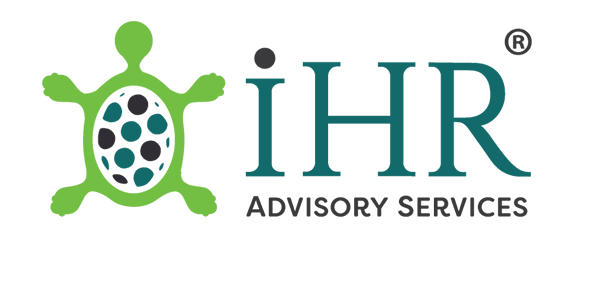HR Coaching: When Leadership Feels Hard, It’s Often a Communication Problem
At iHR, we work with HR professionals and leaders every day who are navigating complex and seemingly uncertain situations. Our coaching clients come to us with a wide range of challenges, spanning topics from being a new leader to change management, motivation, and even interpreting complex employment legislation.
While we see quite a range of challenges in our HR coaching clients, many of them are ultimately related to one core skill: communication. This blog post features some of the advice we regularly share with our leadership coaching clients about how to be a stronger, more effective communicator and, ultimately, a better leader.
Communication is at the heart of leadership.
Communication skills touch every facet of daily leadership. Whether you’re trying to cast vision for your team, provide important coaching to a developing employee, or build trust within a group, you need to be a strong communicator to succeed as a leader.
Four Ways To Begin Improving Your Communication Skills as a Leader
Know your audience
Before you speak, ask yourself: Who am I talking to? What matters to them? What communication style do they respond to?
Should I be direct? Keep things at a high level? Get into the details? Engage them in a more collaborative discussion?
Taking even just a few moments to consider the right way to deliver the message to a specific recipient or audience can instantly improve your communications skills and ensure that your message is received with greater clarity and impact.
Practice tough conversations before you have them
Rehearsing your words helps. We recommend doing this rehearsal out loud, if you can.
Play it out with a peer or coach. Start with what you’ve noticed, stay curious, and stay calm. Practice saying less, more clearly.
Here’s a basic formula we share:
“I’ve noticed [specific behaviour]. When that happens, [describe the impact]. I wanted to check in and hear your perspective.”
It’s simple, but it works.
Be mindful of your assumptions
It’s easy to go into a meeting or conversation with a lot of assumptions about the general tone of the meeting or the thoughts of the other people in the room. But it’s important that when you’re preparing for the engagement that you take the time to look at the facts and prepare to ask good questions, either before or during the encounter.
The popular television series Ted Lasso quoted Poet Walt Whitman when he said “Be curious, not judgmental.” There’s a lot of wisdom in that.
Get feedback on how you show up
You may think you’re clear, concise, kind, visionary, and approachable. But the people around you may be experiencing you differently.
We often use the EQ-i 2.0 Leadership Assessment with clients to help them build self-awareness. It gives you a data-backed understanding of how you manage emotions, how you show up under stress, and how you relate to others. In our experience, this kind of feedback is often a turning point for leaders who want to grow.
Perfect Communication Isn’t the Goal of HR Coaching
You don’t need to be a perfect communicator; you just need to be intentional and willing to improve.
If you’re not sure what to say—or how to say it— HR coaching can help. Talking it through with someone who understands HR, leadership, and the nuance of tough conversations can make a real difference.
We’ve coached countless leaders through building their communication skills and other skills to become more effective leaders. They consistently tell us that they wish they’d accessed the power of coaching years earlier so that they could have been using these new skills the entire time. The best time to get started was probably a while ago, but the second-best time is now. If you want to talk through how we can help you develop as a leader, you can book time with one of our experienced HR Coaches here.


